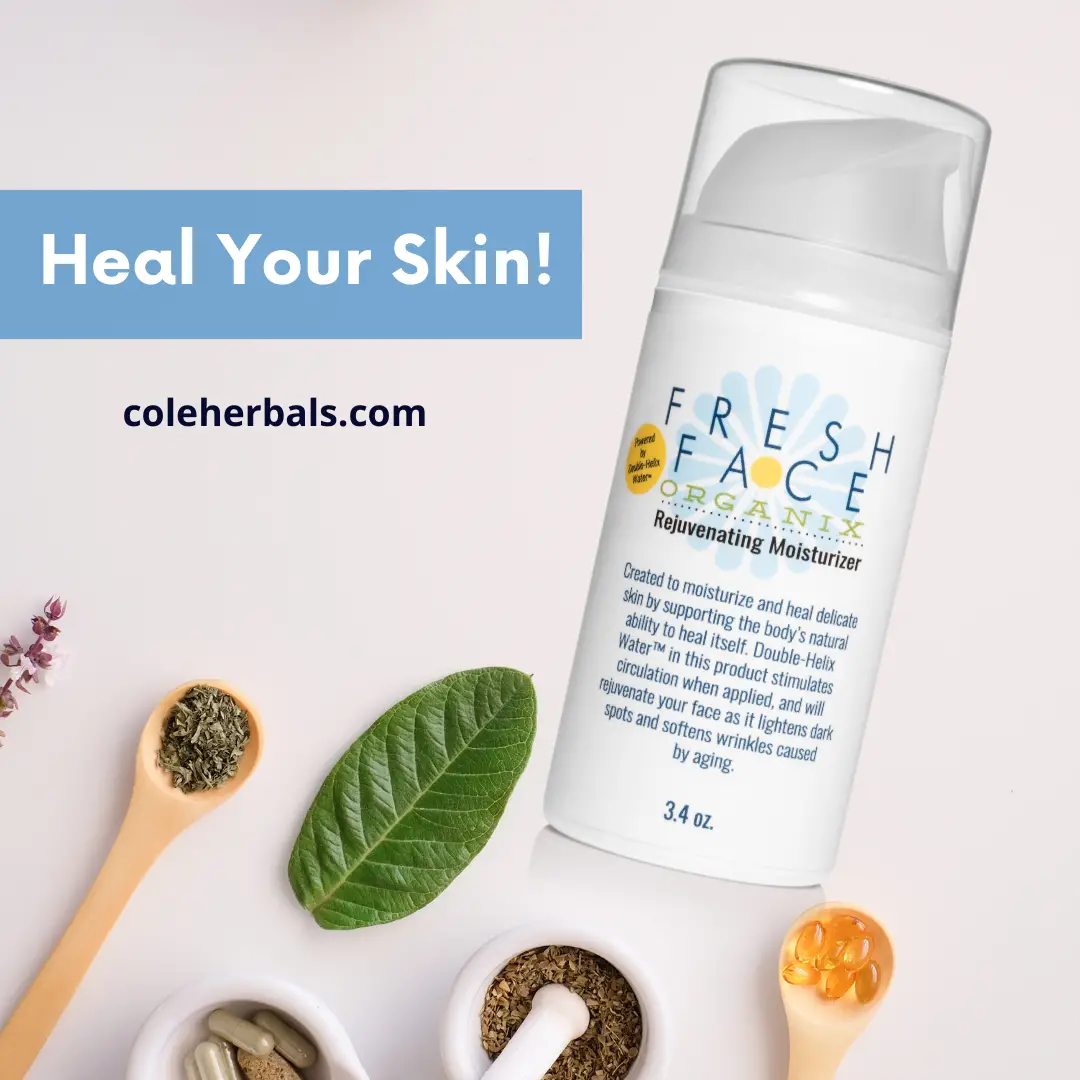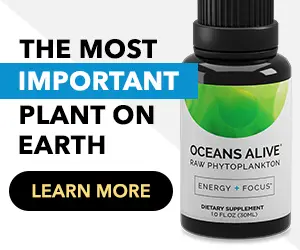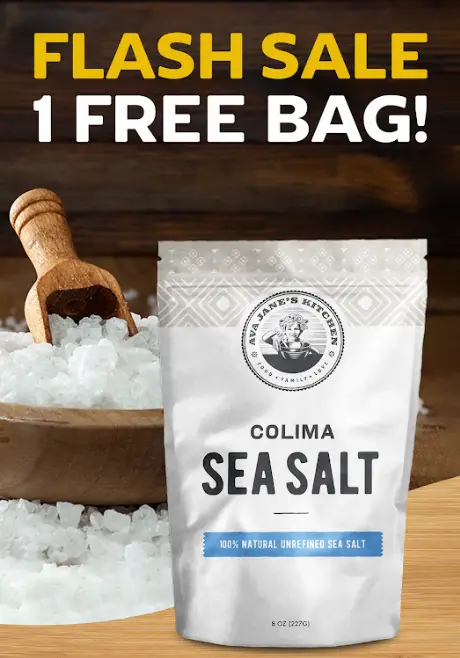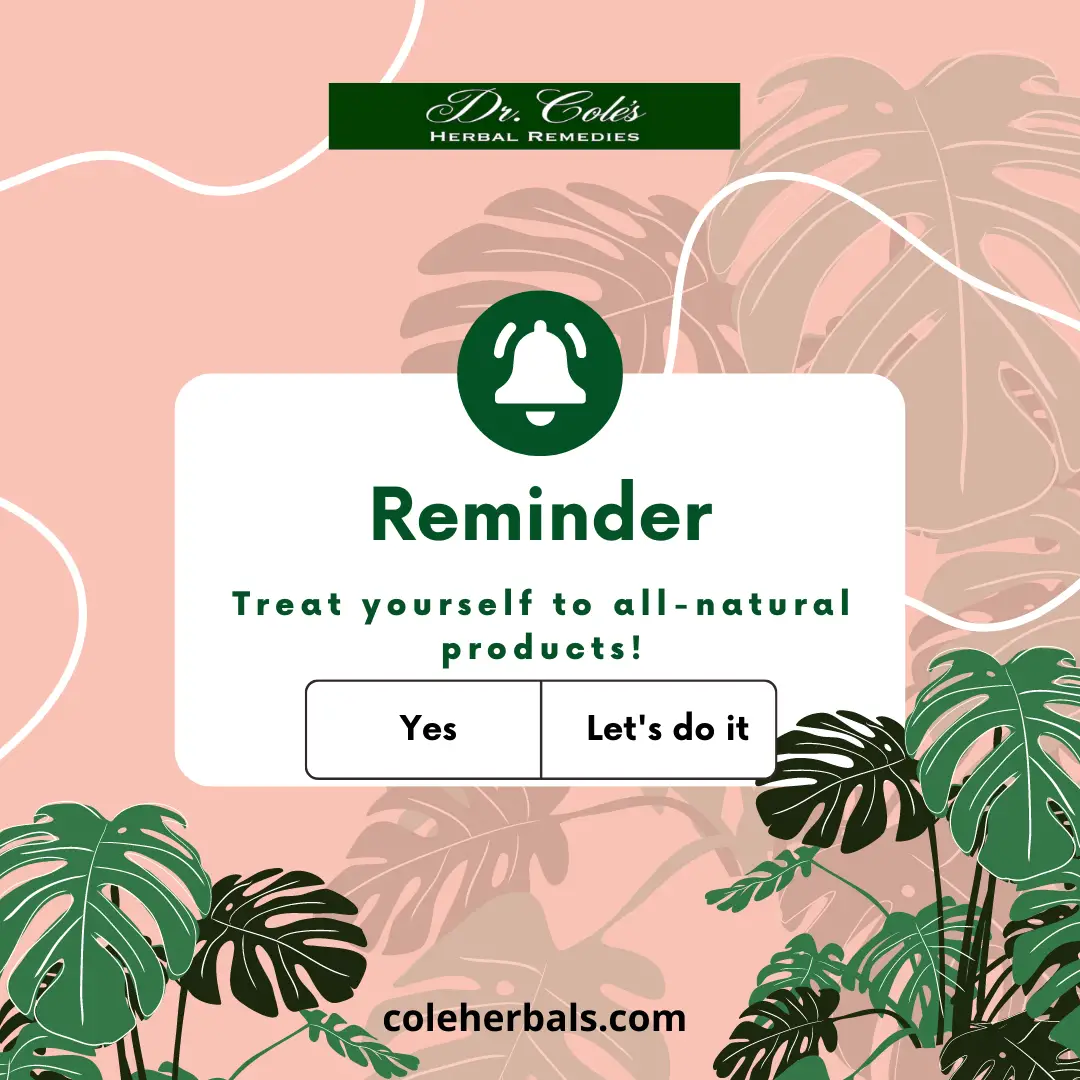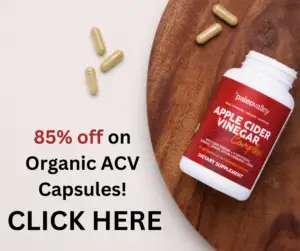One of the most interesting things you’ll notice when watching “survival” shows such as ‘Man vs. Wild,’ ‘Survivorman’ and others of their kind is how congruent and balanced nature really is, especially in abundant natural areas.
The answer to a problem caused by one plant or animal is often found not far away from the original source in another plant or animal from the same ecosystem.
Recently, I visited a local organic farmer and he taught me about the amazing benefits of jewel weed, a plant that he had growing in spades in front of his house, among a huge patch of several other plants.
This farmer spends a lot of time roaming around on his property tending to his potatoes, squash, apples, pears, and many other plants, while also feeding his chickens and keeping them safe from nearby coyotes.
Naturally, he runs into problems with poison ivy, especially considering his location in a rural part of Michigan.
He explained to me why jewel weed is one of the most important herbal remedies on his property, and how it can help to combat one of the biggest problems facing people who live and roam around in rural or natural, woodsy areas, or even those who go on camping trips.
Jewel weed grows most extensively in the Eastern United States from southern Canada down to northern Florida, and its flowers bloom from May through October.
While it is not always found growing right next to poison ivy, it can be found near creek beds, not too far away and easy to spot.
Health Benefits of Jewel Weed: How Heals Poison Ivy Rashes
For many outdoors people with knowledge of natural plants and herbs, jewel weed or jewel weed extract products like this one are the most important natural remedies to bring along on a long hiking trip.
Jewel weed is one of the absolute best remedies for any sort of skin irritation, and is especially effective against poison ivy.
My friend recommended that it be boiled into a tea, which can of course be sweetened naturally to make it a little tastier. You also have the option of making it into a paste and rubbing it all over the affected area using a carrier oil.
Identifying jewel weed is easy: Look for the yellow, cup-shaped flower petals, which often have red spots on them to attract pollinators. The leaves will be about ¼ to ½ long, oval-shaped and delicate, and they often display tiny raindrops (almost like jewels, hence the name) after a downpour. Plants can grow up to about five feet tall.
Other Uses for Jewel Weed Plants Speaking of pollinators, my farmer friend said that the bees on his farm are especially attracted to jewel weeds, making them excellent for beekeepers to have on their property. In addition to its benefits for helping to heal poison ivy, jewel weed can also help with hemorrhoids. In fact, the active ingredient in Preparation H, two methoxyy-1, four napthoquinine, is found in jewel weed.
This use is consistent with how drug companies often extract similar compounds from natural substances to patent their formulas, similar to what is now being done in the Amazon Rainforest in terms of scientists finding new compounds from Amazon Rainforest Herbs (learn more here) to create new drugs (that often have side effects and aren’t as effective).
Using the actual plant and providing your body with all of its beneficial microscopic compounds is almost always the best way to go, especially when it comes to natural remedies like jewel weeds.
Other uses for jewel weed according to the website WildmanSteveBrill.com include:
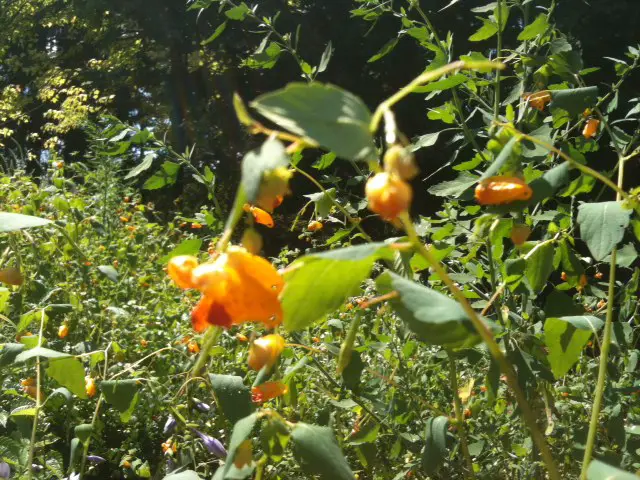
Jewel weed, seen here in front of my friend’s house on his organic farm, helps to heal poison ivy and other sources of skin irritation.
Click the picture for more info.
-Healing mosquito bites by apply the stem’s juice for 15-20 minutes -Providing relief to bee and wasp stings -Helping against infections, warts, burns, cuts, acne and more
Where to Find Jewel Weed for Healing Poison Ivy Rashes
Of course, the most popular use for jewel weed is to halt and heal poison ivy rashes that are so common when walking or hiking through wooded areas. The extract or a homemade paste from jewel weed is strong enough to prevent poison ivy rashes from even materializing if applied after touching poison ivy. You can find jewel weed growing in wetlands, marshes and other areas, or near creeks or other smaller bodies of water. You might even find it on the edges of your backyard.
They don’t do well in direct sunlight, so look for a little bit of shade if you’d like to find one.
P.S. You can also buy pure jewel weed extract to take on your next trip by clicking here.
Thanks for reading!
Thanks for installing the Bottom of every post plugin by Corey Salzano. Contact me if you need custom WordPress plugins or website design.




